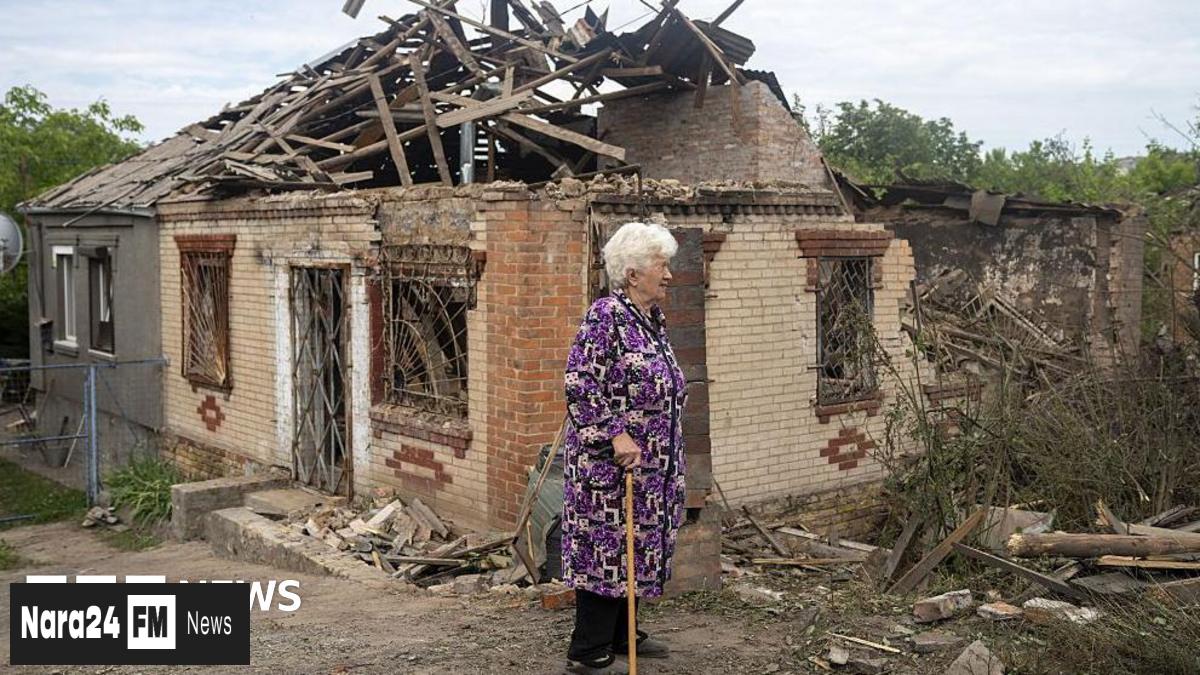President Trump's sweeping budget reductions targeting US engagement with Africa threaten to undermine regional stability despite intentions to shift security responsibilities to local forces, warns America's top military commander on the continent. General Michael Langley of US Africa Command (Africom) labeled the Sahel region "the epicenter of global terrorism," emphasizing that jihadist groups' southward expansion toward coastal West Africa could enable smuggling operations with global repercussions.
The Burden-Sharing Dilemma
The administration's "burden sharing" framework—previously applied to European allies—now extends to African nations already stretched thin confronting extremist violence. Countries like Benin, which lost over 80 soldiers to jihadist attacks this year alone, exemplify the heavy toll regional forces endure. "Our aim isn't to serve as a permanent crutch," Gen. Langley stated at a Nairobi defense summit, signaling plans to reduce the current 6,500 US personnel stationed across 30 African bases. Recent closures include the strategic Agadez drone facility in Niger following the 2023 coup.
"If terrorists secure West African coastlines, they could finance operations through smuggling and trafficking—elevating risks to American soil," Langley cautioned in congressional testimony.
Strategic Reorientation
The retrenchment marks a stark pivot from the previous administration's multipronged approach. Under President Biden, Africom championed a "whole of government" strategy combining security operations with development programs addressing root causes of extremism—land disputes, drought, and governance failures. That comprehensive model now faces dismantlement alongside shuttered aid agencies USAID and the Millennium Challenge Corporation. The administration's replacement focus on private-sector investment faces skepticism given business reliance on stable environments—precisely what conflict zones lack.
While acknowledging successful counterinsurgency models like Ivory Coast’s security-development hybrid, Langley now operates within tightened parameters: "We’ve set our priorities—protecting the homeland." Africom's reported potential downgrade to a European Command subsidiary, coupled with the National Security Council's Africa desk integration into Middle East operations, signals institutional demotion.
Geopolitical Vacuum
Analysts warn the pullback creates openings for rival powers. "China demonstrates agility capitalizing on US absence," Langley told lawmakers, noting Russia’s exploitation of regional instability. The timing proves particularly fraught as extremist violence surges—Africom conducted 25 airstrikes in Somalia this year, doubling 2024's total.
Core US Security Priorities in Africa
- Countering jihadist threats with potential US homeland implications
- Containing Chinese military influence expansion
- Securing critical maritime corridors: Strait of Gibraltar, Suez Canal, and Bab el-Mandeb
The strategy draws parallels to France’s recent base handovers in Chad and Senegal, though Paris maintained training contingents. Washington’s deeper retreat—abandoning development initiatives that previously mitigated recruitment drivers like poverty and environmental stress—leaves fragile states with purely military tools against complex threats. As defense analyst Paul Melly observes: "The US response is reduced to the purely military, shifted onto shoulders of states already struggling with myriad challenges."
Training Legacy Persists
Continuity remains through programs like the National Guard State Partnership, which for 30 years has built African security capacity. Langley champions this model as "achieving overlapping security objectives." Yet the disappearance of complementary civilian aid risks rendering such efforts incomplete, particularly in the Sahel—among Earth’s poorest regions where extremist groups exploit governance voids.
With Africom's future uncertain and non-military engagement evaporating, the administration’s efficiency drive may inadvertently raise long-term security costs. As jihadist factions exploit thinning defenses, the burden-sharing vision could collapse under the weight of unmet needs—potentially creating larger threats demanding future US intervention.








Comments (0)
Leave a Comment
Be the first to comment on this article!